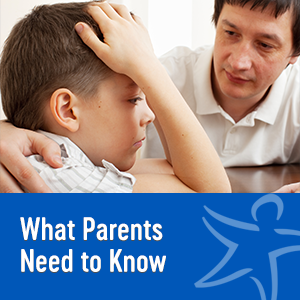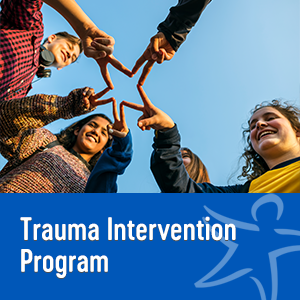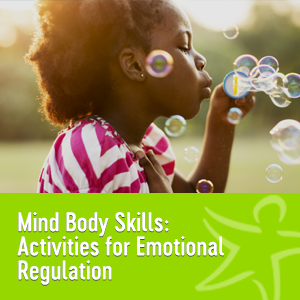Trauma is an overwhelming experience for children and parents. Parents want to help their traumatized children but don’t always know what they can do. Providing parents with five ways to help their traumatized children will offer them reassurance for what they are already doing and ideas for how they can do more.
1. Understand
Remind parents that trauma is like no other experience. Traumatized children may not have control over their emotions and behavior because the terror they experienced has left them feeling out of control.
2. Be Patient
Trauma destroys a child’s sense of safety and security. Children will need time to feel safe again. Be patient with regression.
3. Be Nurturing
This is an “all the cookies and milk you can eat” time. Encourage parents to spend more time with their child interacting in meaningful ways. Play games, read books, or go for a walk together.
4. Keep It Simple
A traumatized child will find it difficult to concentrate and remember even the simplest of things. Remind parents to keep things simple by saying only one or two things at a time. Visual charts of the daily schedule or tasks to be completed are helpful.
5. Normalize
Parents should reinforce their understanding that the reactions their child is experiencing are normal following this experience.
FOCUSED FOLLOW-THROUGH
Guide parents using these reminders:
-
- Be as predictable as can be in your routines at home while your child is present. Consistency helps create a sense of safety.
- Do not show your fears and worries to your child, as this will frighten them. Talk about your fears to your spouse, friends, or trauma specialist. Bring laughter into your home. If your child sees you laugh, they will feel so much more at ease.
- Read books to your child about others who have survived. Brave Bart is a great place to start. For teens, leave the book lying around where they can see it. If they need to, they will read it.
- Unconditional love and acceptance is the best medicine. This is not always easy to give your child when you are angry, upset, or terrified yourself. Sometimes traumatized children simply need to release the stress created by their fears and they do this by fighting or verbally attacking. As a parent, your initial response to fighting needs to be to insure that your child is not hurt nor hurts others. Words, of course, do not cause bodily harm, even though they can be difficult to hear at times.
- If this outburst is trauma-driven, often after this release your child will be calm and in control. This is not about a physical or verbal release, but a release of the intense stress of trauma, of trauma residue.
This is when your child needs you the most. Your child needs you to stay in control. Do not lose control, scream, or overreact. This may not be easy, but it is so important!
FOCUS FURTHER
Learn more about dysregulation in children from Starr Commonwealth's recent roundtable discussion with Dr. Soma, President Carey, and Executive Vice President Allen:
To learn more about trauma, dysregulation, and mind body skills, consider these offerings from Starr Commonwealth.






